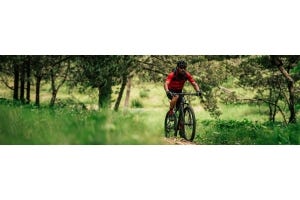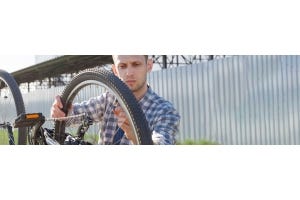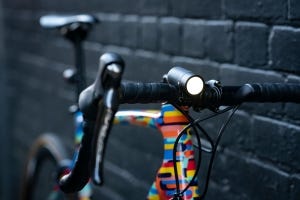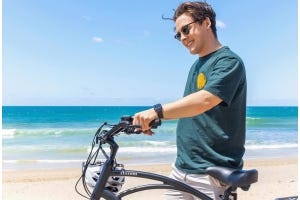Nutritional advice to get ready for race season

Meal planning
Cyclists in heavy training and young growing athletes will have huge energy demands and may need to eat up to 6-8 times throughout the day to make sure these demands are met.
A pattern of frequent meals and snacks can be useful to meeting extra energy and carbohydrate needs. It can hard to get your entire food requirement in only 3 meals per day. Planning and preparation is the key to success
- Organise a weekly menu/shop on-line if time poor
- Cook extra quantities and freeze extras into meal size portions that are ready to go.
Iron rich foods
The heavier the training needs the greater amount of energy, carbohydrate, and iron rich foods (particularly for women). Iron rich foods include lean red meat, chicken, fish, green vegetables, wholegrain cereals and fortified products such as breakfast cereal.
Fluid tips
A large percentage of our body is made up of water, so dehydration can affect how well you perform both mentally and physically. As a cyclist you are often limited to the amount of fluid you can drink and carry and as a consequence don't drink enough. It's important to keep well hydrated by drinking water throughout the day and extra fluid after training.
- Develop a fluid plan that suits your needs, amount of training and the weather! Practice your plan in your training sessions. The longer the training sessions, or the warmer the weather, the greater your needs will be.
- During training, aim to drink the contents of your bottle every hour.
- If road training, plan to refill your bottle regularly (e.g. at parks), and use these stops as markers of fluid intake. Resist the temptation of not stopping for fear of interrupting your rhythm.
- Thirst is usually an indicator of dehydration. You may have already lost a lot of fluid before you even feel thirsty.
- Start checking the colour of your urine (pale=hydrated, dark=dehydrated). Cyclists can estimate their own fluid losses by weighing themselves before and after riding - Each kilogram of weight loss is equal to one litre of fluid.
- Plain water is effective, especially if you only exercise for a short time and at a "low intensity".
- Sports drinks provide carbohydrate, electrolytes and are lightly flavoured. They can be helpful to meet your fluid needs and help performance when exercising at a greater intensity and for a longer length of time or distance.
- For personalised advice on your fluid needs in training, see an Accredited Sports Dietician.
Energy tips
The body's fuel depends largely on the supply of carbohydrate to the exercising muscle; therefore the training diet needs to include enough carbohydrate to meet training demands. Aim for 30-60g of carbohydrate per hour. Commence carbohydrate intake early in the training session to avoid low stores later in the ride.
Carbohydrates
50g of carbohydrate can be obtained from:
- 800-100mL sports drink
- 2 carbohydrate gels
- 3 medium pieces of fruit
- 2 cereal or sports bars
Portable foods
Part of the training diet will be consumed on the bike so must be easy to carry, consume one the go and not spoil out of the refrigerator (e.g. bananas, muesli/sports bars, sports gels, sports drinks).
 Your store
Your store 



